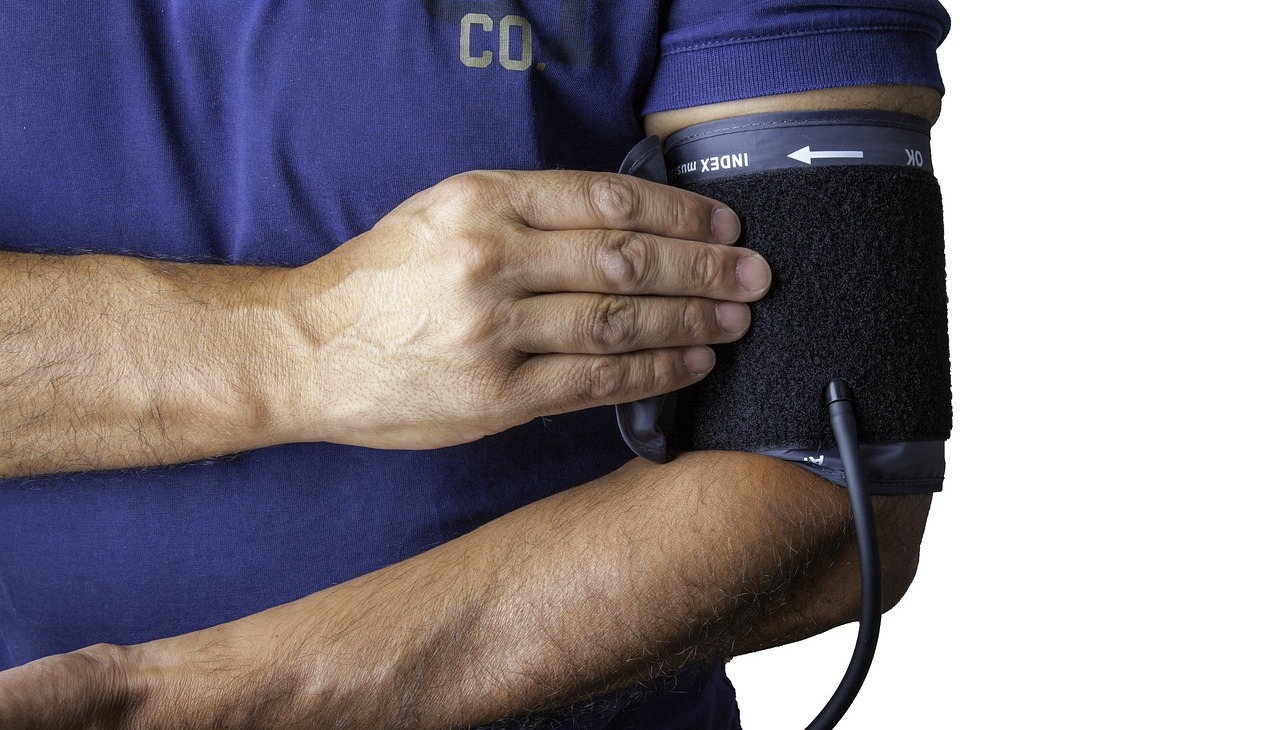
Few Latinos seek advanced degrees in health professions, a new study finds
Currently, in the United States there is little representation in areas that require advanced studies.
According to the article “Documenting Latino Representation in the U.S. Health Workforce,” which appears in the July issue of Health Affairs, and whose research was funded by the California Endowment and the Josiah Macy Foundation, Latinos, especially Mexican Americans, continue to being severely underrepresented in the U.S. health professions that require advanced degrees.
Although they indicate that the situation is improving, the study, conducted by researchers at George Washington University, the first to examine the representation of the four largest Latino populations in the U.S. health workforce, raises concerns about the lack of diversity in the country's health workforce.
Indira Islas, who conducted the study while a graduate student at the GW Milken Institute School of Public Health, noted in a press release:
Our analysis did not address why Latino representation was low in the health professions requiring advanced degrees. Other evidence suggests that the findings can be attributed to obstacles such as structural racism.
About the Study
Islas, along with other members of the GW Fitzhugh Mullan Institute for Health Workforce Equity, used data from the 2020 American Community Survey, which includes information on ethnicity collected by the Census Bureau.
The team considered information about the representation of non-Latinos and four Latino subgroups, including Mexican Americans, Puerto Ricans, Cuban Americans, and other Latinos.
Compared to other Latino groups, Cuban Americans are well represented in advanced degree health professions. For example, their representation among doctors and dentists is greater than their number in the general population.
“There has been significant progress in getting more Latinos into the advanced health professions over the last few years,” pointed out Edward Salsberg, co-director of the Health Workforce Diversity Initiative at the Mullan Institute.
RELATED CONTENT
The study also found that Mexican Americans, Puerto Ricans and other Latinos were overrepresented in most healthcare support occupations, low-wage jobs like medical or dental assistants or home health aides.
Senior Fellow @portelamd and other @GW_Workforce coauthors published their research comparing the representation of the 4 largest Latino subpopulation groups in the health workforce with that group’s representation in the US workforce in @Health_Affairs https://t.co/KthGBlJHrl
— Atlantic Fellows for Health Equity (@GWFellow) July 10, 2023
Key Findings
Among the main findings, the study revealed that Mexican Americans, despite being the largest Latino subpopulation in the United States, are grossly underrepresented in health professions that require an advanced degree.
The article suggests that they and other Latinos in the study face many barriers to accessing health care occupations that require an advanced degree, such as medicine, nursing or pharmacy.
“One out of ten people in the United States are Mexican American yet in five of the eight professions requiring advanced education included in the study, Mexican Americans represent one-quarter or less of the professions,” underscored the authors.
The article highlights that Latino representation in the healthcare workforce showed improvement over the time period studied from 2016 to 2020: For example, Latino representation among recent graduates went from 6.7 to 13.5% for the health professions that require a bachelor's degree.
“As we can see from this study, much more needs to be done to strengthen and diversify the health workforce in the U.S. A lack of diversity among the health professions can exacerbate health disparities for Latinos and other minority populations,” added Salsberg.
For additional data on Latino representation in the health professions, including by state and by individual school graduates, visit The Health Workforce Diversity Tracker.











LEAVE A COMMENT: